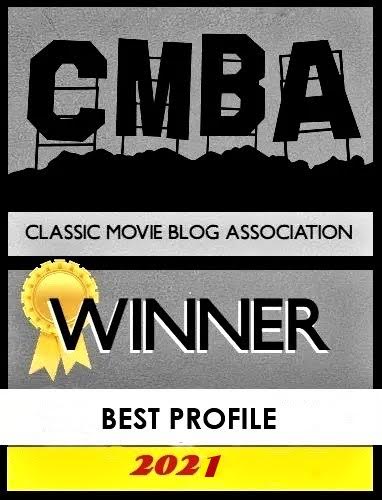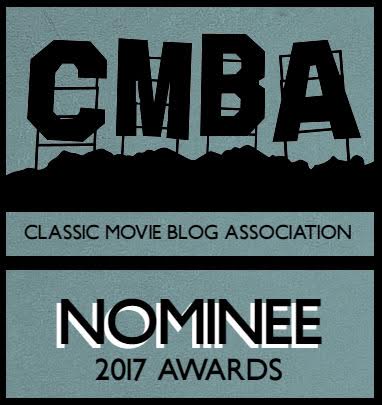
As one of the top stars of his day, Cary Grant appeared in a broad range of film roles, easily transitioning between many genres. In particular, Grant excelled in the roles he played in romantic comedies fairly early in his career. His time in the genre would continue for many years to come, with Mr. Lucky (1943) again showcasing his knack for comedy as a leading man.
Opposites attract in Mr. Lucky, with Grant taking on the role of Joe Adams. Adams assumes the identity of a dead gangster in order to swindle a war relief in an effort to benefit his gambling operation. As he works to put his plan in place, his goals are soon derailed when he meets socialite Dorothy Bryant, portrayed by Laraine Day (on loan from MGM), and reevaluates his actions.
The film was directed by H.C. Potter and produced by David Hempstead, with a screenplay by Milton Holmes and Adrian Scott. The film was produced and distributed through RKO Radio Pictures, with cinematography by George Barnes, editing by Theron Warth, and music by Roy Webb.
The film was based upon a short story entitled, “Bundles for Freedom,” by Holmes, which originally appeared in Cosmopolitan in 1942. Holmes’s story was penned due to a 1936 event that inspired the tale. The actual event included a night club owner coordinating a casino-style benefit at the Beverly Hills Hotel to raise funds for a church. Holmes himself worked as a tennis pro at the Beverly Hills Tennis Club, allowing him to mingle with studio executives and stars. During his time there, he discussed the storyline with Grant, who saw potential in the idea as a film.
Though there are differences between the short story and the film, particularly in terms of the endings, the basic plot is similar. Mr. Lucky would be a top-grossing film for RKIO and would also lead to a television series by the same name, consisting of 34 episodes between 1959-1960 on CBS.
The full cast of the film includes the following performers:
- Cary Grant as Joe Adams and Joe Bascopolous
- Laraine Day as Dorothy Bryant
- Charles Bickford as Hard Swede
- Gladys Cooper as Captain Veronica Steadman
- Alan Carney as the “Crunk”
- Henry Stephenson as Mr. Bryant, Dorothy’s grandfather
- Paul Stewart as Zepp
- Kay Johnson as Mrs. Mary Ostrander
- Walter Kingsford as Commissioner Hargraves
- Erford Gage as Henchman
- Florence Bates as Mrs. Van Every
While Grant was cast as the lead, several other actresses were considered for the role of Dorothy. Of the actresses was Barbara Hutton, Woolworth heiress and Grant’s wife at the time. Studio executives and gossip columnists were eager to pair the couple, however, Grant did not know about this development. Though Hutton examined Grant’s copy of the script with the intent of playing the heiress, Grant did not support the idea. As a result, Day was eventually cast opposite Grant.
Though the characters of Joe and Dorothy enter into a romantic relationship, the romantic plotline is secondary. Much of the story focuses upon Joe and his character development, in addition to his gambling habits.
The film was popular among audiences and did secure a profit for the studio. Propelled by its success, the film was adapted for radio twice–once in 1943 for the Lux Radio Theatre with Grant and Day reprising their roles and again in 1950 with Grant reprising his role for the Screen Directors Playhouse.
Overall, this film is not to be missed by fans of Grant’s work. While it is not one of his most iconic roles, he and his fellow cast members shine in this story.















